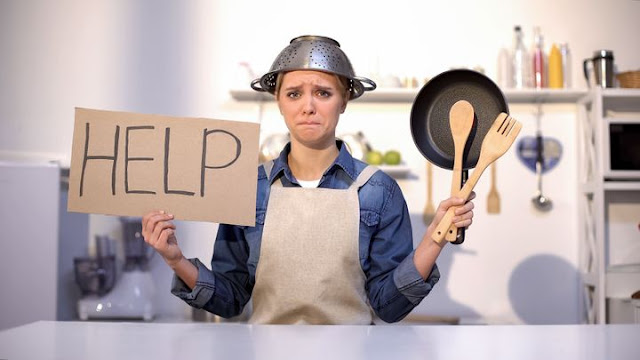As I age, I think more and more about the legacy I'll leave behind, one day. That legacy is not only in material goods, or in the children that I know I've raised well and who make me proud daily. The legacy I leave will be in my books, articles, journals and blogs. What writing can I still do that will have an impact on the future, and help to shape it for the better?
There are many subjects worthy of our attention at this critical time in history. Climate change is one of them. We see it in the devastating fires, droughts, floods, and temperature records. Have you thought about documenting it in your own locale? We can see changes in our own backyards. I can now grow plants I didn't grow before, as my area transitions agriculturally from zone four to zone five. In the Valley of the Sun, you may have the opposite reaction … things you could grow before, such as peaches, are now struggling to fruit in that backyard tree. But with some irrigation (if you can manage it during a drought) you may be able to grow some exotic fruits native to African oases.
Are the animals adapting? Do you see as many lizards now as you did in years past, or are they dwindling in number? Write about it. Write about those things that have resisted climate change and those species that are succumbing to it. Every locale should have a record keeper, a chronicler, to help future scientists understand how we got to where we'll be then. You don't need a science degree. You just need a pen, paper and your own eyes. Such eyewitness accounts will be critical to future understanding and mitigation.
Other subjects abound for the writer who wants to leave a legacy for the future. Do you see changes in your city government, in monuments, in the political landscape, in advances and setbacks in social justice? Write about them. Are the local sentiments different from the state as a whole? Document those sentiments. Sometimes, data is lumped together in a big picture without ever taking apart the small pieces that made up that big picture. Historians of the future will wonder about the nuances … you may be their only source for those nuances.
Even if you don't want to write about the big issues, the little ones will still be useful to someone. How do you live now, on a day to day basis? When we think about people of the 1960s, we "think" we have all the information, but we don't. Even an era that most of us old folks remember is not really chronicled well enough for posterity to understand the details. As a teen who spent a few years in the rural South, for example, I remember my mother renting a home without plumbing. I remember the dry sink in the kitchen, and wondering why the faucet wasn't there. It took me a while to understand that I had to take a bucket, go to the well, fill it, heat the water on the stove, plug up the sink, and throw the water in the sink to do dishes. I had to remember to put the bucket directly under the hole in the sink for the water to drain out. Oh boy, if I didn't remember, I wound up washing the floor that day, whether it needed it or not. How many people know that? Probably very few ever experienced it. As a Chicago born and bred kid it was a shock to move to the rural South, but I adapted. People adapt . . . and then they forget. Write about all the things you do now. How long does it take to power up your computer? What about the finicky toaster that makes you pull up toast with a knife, or the coffee pot that continually spills water over the counter?
Write about the things that people won't remember. They may not seem important to you, but the little things will make a big difference to people 100 years from now when they're trying to make an authentic movie or documentary. (If there is even such a thing then; I hope so!)
So big or small, important or minor, just start creating your own legacy for future generations. Write.
Kathleen Cook is a retired editor and the author of more than twenty books. A former copy writer/editor for
Demand Studios, she also served as the Fictional Religion Editor for the ODP (Open Directory Project) in the late
90s. She is currently the Arizona Authors Association Editor as well as the new Secretary.







No comments:
Post a Comment